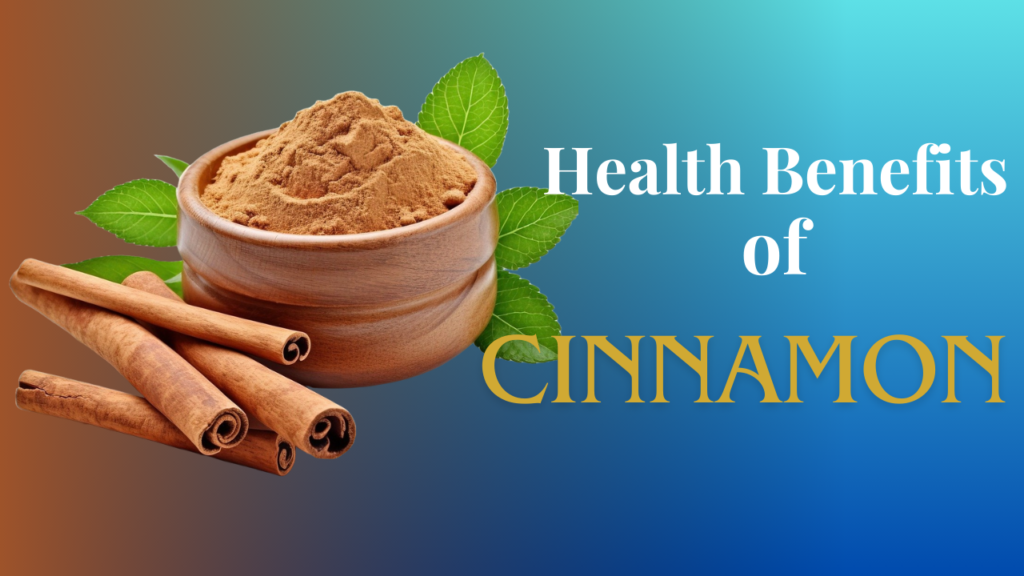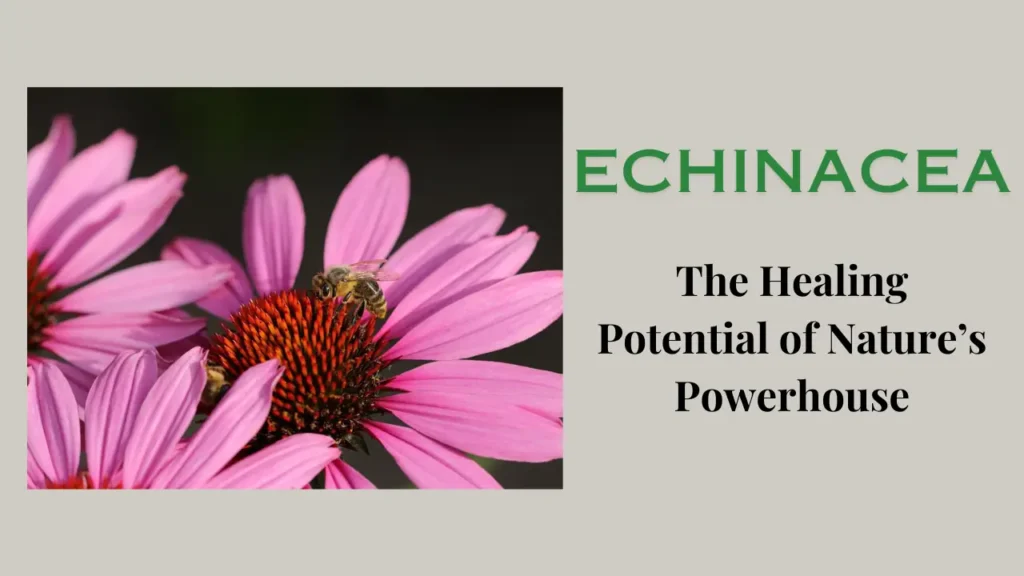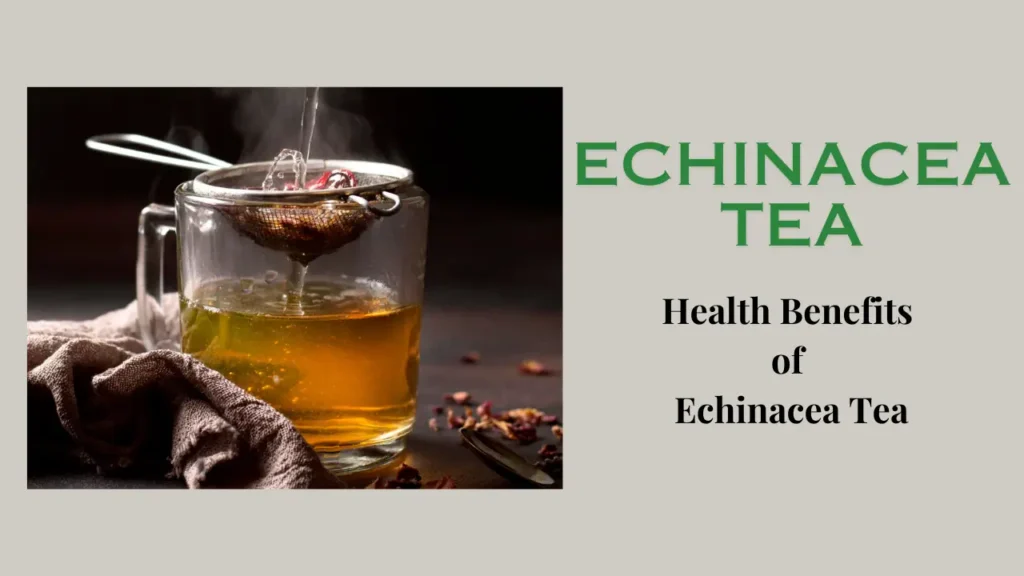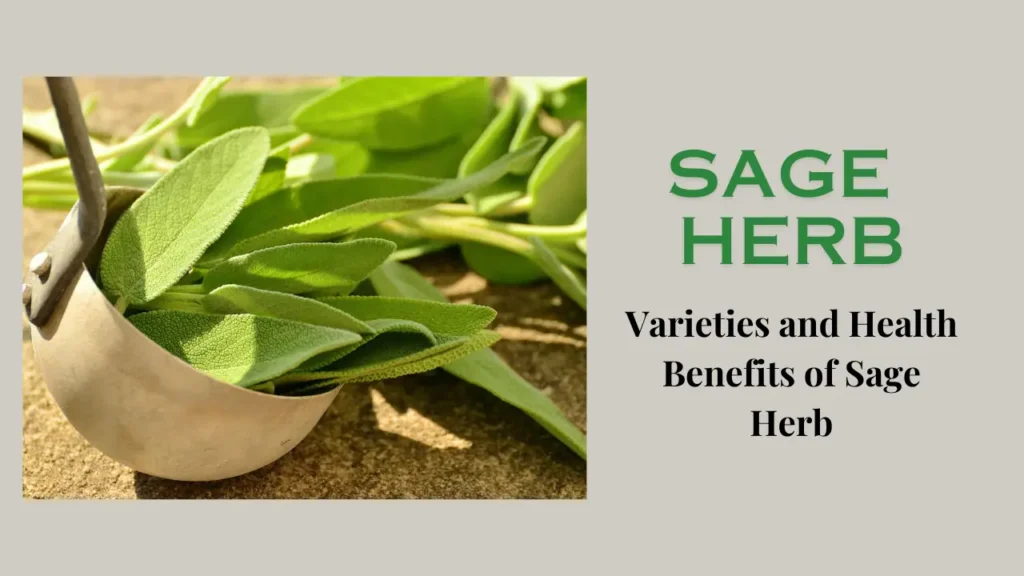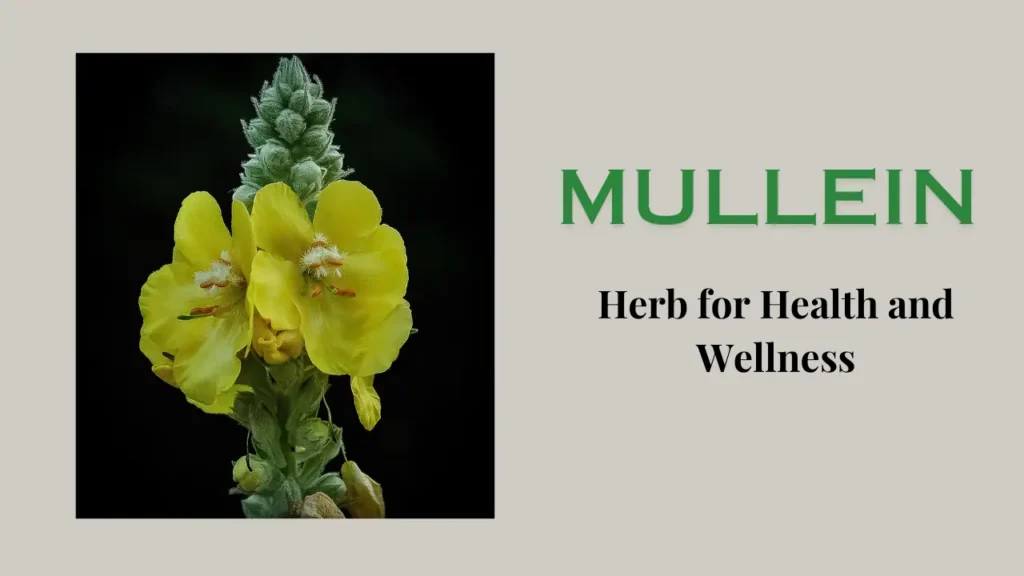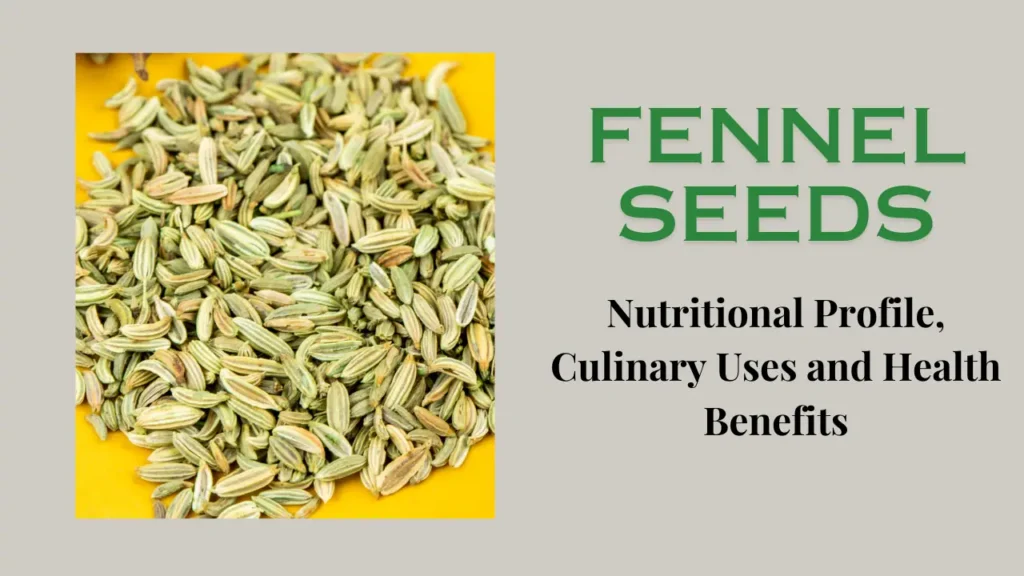Kava Kava is known for its calming and relaxing properties. It has been used in traditional medicine for centuries. Its scientific name is Piper methysticum. In this article, we will learn about it in detail.
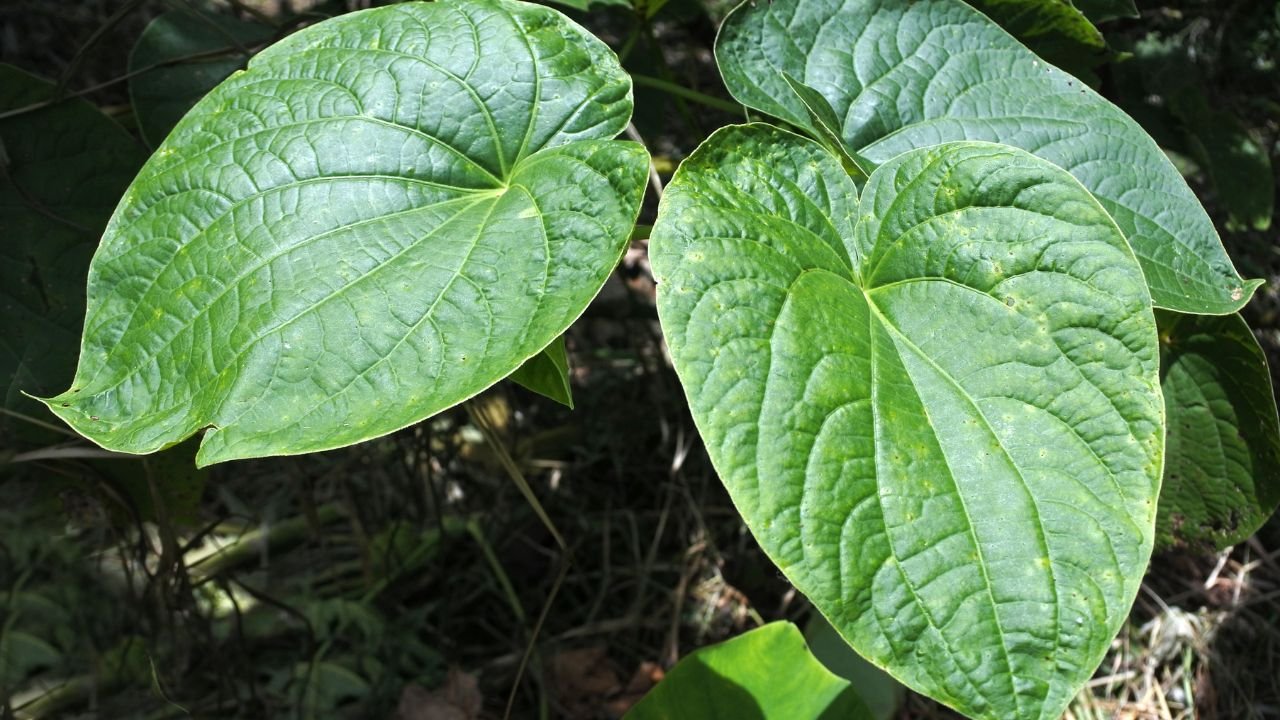
Scientific Name
Piper methysticum
Synonyms
Awa, Yaqona, Sakau, Kava Pepper
Family
Piperaceae
Habit
Kava kava is a perennial shrub that grows up to 2-3 meters tall. It has heart-shaped leaves and a woody stem. This plant is usually grown through cutting rather than seeds.
Habitat
Kava kava is native to the Pacific Islands, including Fiji, Vanuatu, Hawaii, and Tonga. It thrives in tropical climates. It requires well-drained, fertile soil and shady locations to grow.
Common Name
The most common name for Piper methysticum is Kava Kava, often shortened to just Kava.
Chemical Composition
It contains a group of active compounds known as Kavalactones. The primary kavalactones include Kavain, Dihydrokavain, Yangonin, Dihydromethysticin, Methysticin, and Desmethoxyyangonin.
Plant Parts Used
Its root. The roots are usually dried and ground into a powder and used.
Properties
Ayurvedic Properties
In Ayurveda, Kava Kava is known for its balancing effects on the nervous system. it is often used to:
- Pacify Vata and Pitta doshas.
- It promotes relaxation and mental clarity, helping to reduce stress and anxiety.
Therapeutic properties
Kava kava has many medicinal properties, which provide a variety of benefits. Some of its major benefits are as follows:
- Anxiolytic: Kava kava is known for its ability to reduce anxiety. The compound kavalactones found in it interact with the limbic system and produce a calming effect without disturbing cognitive function.
- Sedative: It has mild sedative properties, which help promote restful sleep.
- Muscle Relaxant: It acts as a muscle-relaxing compound, making it useful in treating muscle tension, spasms, and headaches.
- Analgesic: This plant has analgesic properties, which can help relieve pain, especially in conditions like arthritis and migraines.
- Antidepressant: Kava kava may help improve mood. It has antidepressant effects, which could potentially be beneficial for individuals suffering from mild depression.
- Antispasmodic: It helps reduce spasms in the gastrointestinal tract and reduce digestive problems.
Forms of Use of Kava kava
Kava Kava is available in various forms. Every person can use it according to their use and personal preference. It can be used in the following ways:
- Kava tea: To make kava tea, its powdered root is soaked in hot water. And later it is consumed after filtering. This is the most traditional and popular way to consume any herb.
- Capsules and tablets: Some people prefer the convenient option of consuming it. In such a situation, it is also available in the form of capsules or tablets. However, it is necessary to consult a doctor before consuming it.
- Tincture: Tinctures are liquid extracts that can be taken directly or can be consumed by mixing them with water or juice. They provide a concentrated dose of kavalactones that are easily absorbed by the body.
- Powder: The dried root can be ground to make a fine powder and can be used by mixing it with water or other beverages.
Precautionary Measures
Although it provides many health benefits, it is important to know about some precautions while using it. Let’s know about some of its precautions:
- Liver Health: Liver toxicity has been seen due to the use of Kava Kava. Its high-quality products should be avoided from using it for a long time and its recommended dosage should be followed. Avoid consuming it if you already have liver problems.
- Interaction with medicines: It may interact with some medicines, so always consult a healthcare professional before consuming it with other treatments.
- Operating machinery: Avoid driving or operating heavy machinery after consuming it due to its sedative effect.
Conclusion
Kava kava is a powerful herb that has been used for centuries in traditional medicine. It can help relieve many health problems but it should be used with caution. Because in many cases it can also be harmful to people. So consult a doctor before using it.
Remember, before starting any new wellness regimen, it’s always best to consult with a healthcare professional to ensure it is suitable for your specific needs and circumstances.

